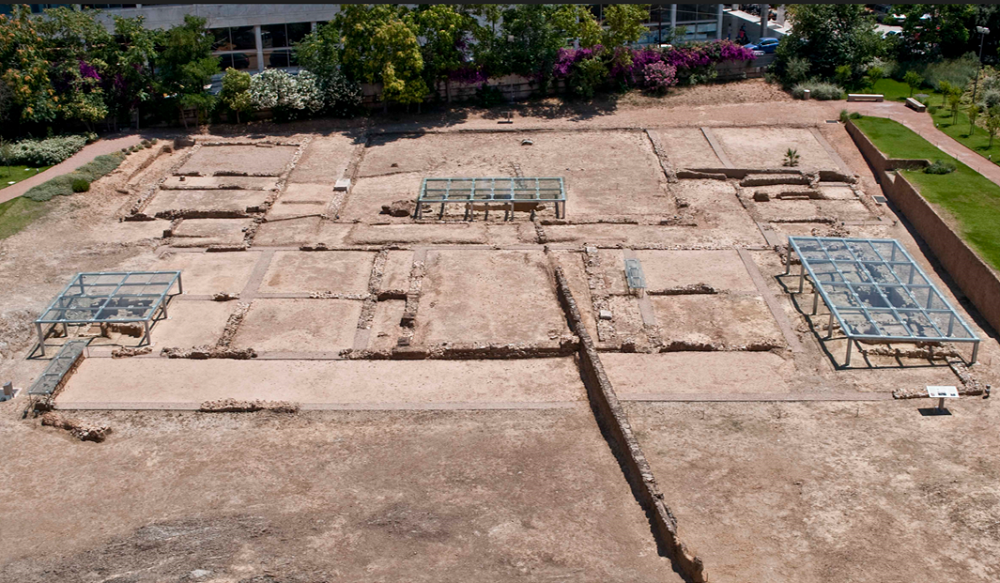
The Ministry of Culture and sports, in collaboration with the National Center for Natural Science Research “Demokritos”, is installing a digital information kiosk on the life and work of the ancient Greek philosopher and thinker Aristotle.
With the installation of interactive information systems, and the exploitation of the potential of digital technology, the presentation of information about the Lyceum, but also about Aristotle, is achieved in an understandable and vivid way, while at the same time an innovative cultural experience is created for visitors, with resonance even in younger ages.
As stated by the Minister of Culture and Sports Lina Mendoni ” with this intervention, the archaeological site of the Lyceum of Aristotle, is reconstituted as a cultural destination, in the center of Athens. With reference to the peripatetic philosophical School of Aristotle in the sanctuary of Apollo Lyceum, the ecumenical work and the emblematic figure of the Greek philosopher, one of the leading personalities of all time, with global influence, are highlighted. Together with the upgraded historical Conservatory of Athens, which is in the immediate vicinity, but also the Byzantine Museum, the Benaki Museum, The Museum of Cycladic Art, The National Gallery, the archaeological site of the Lyceum participates in a unique cultural and developmental pole that contributes to the revitalization of the center of Athens. The intervention aims to create an educational and philosophical experience for the visitors of the archaeological site, using digital technology and architecture, contributing to the connection of the Lyceum with the Athens Conservatory and the “roof of Greek ideas”, a project implemented –in the context of a particularly fruitful cooperation – by the Ministry of Culture and sports and NCSR Demokritos”.
The intervention concerns the installation in the southern part of the archaeological site of a pavilion, which will house four interactive touch screens, with access to multimedia information (texts, images, videos, representations, etc.). The composition includes four rectangular modules, covered by a corrugated canopy. Access to the pavilion is made from the ends with ramps. Towards the courtyard of the palaestra are formed three terraces-stands for standing and viewing. At selected points along the visit routes, a sound installation is provided to inform visitors.
As stated by the president of NCSR “Demokritos” George Nunesis, ” we are excited for the approval by the Ministry of culture of the proposal, which concerns the creation of an innovative cultural experience for the archaeological site of Aristotle’s Lyceum. The aim is to create a hub around ancient Greek philosophy, in the heart of Athens, that encourages reflection and discussions on philosophy, with the help of modern technology highlighting its universality. The reason for this proposal was the project of the “roof of Greek ideas”, implemented by the Ministry of Culture and sports with the NCSR” Demokritos ” at the Athens Conservatory. The approved proposal is the result of the cooperation of NCSR “Demokritos” with the architectural firm Foster+Partners and the World Human Forum, under the supervision of the Ministry of Culture and Sports. It is a collaboration that combines knowledge, research and creativity in technology, architecture and philosophy. Our vision is for this proposal to become a model of intervention in archaeological sites, highlighting the relationship of the site with intangible philosophical ideas and enriching the visiting experience”.
The selection of information material (writing texts, audiovisual material) and the gradual creation of a Hub for Aristotle, his life and work, are curated by internationally renowned academics, scientists and artists. The digital installation allows easy renewal and enrichment of the information material according to the progress of the research. The topics concern the archaeological site of the Lyceum (importance of location, role of high schools in antiquity), Aristotle, his work and the distinction of Sciences according to Aristotle: poetic (medicine, shipbuilding, carpentry, agriculture, engineering, building, painting), practical (ethics, politics), theoretical (First philosophy, mathematics, natural philosophy, natural history), his life and travels (from the period of his apprenticeship in Plato’s Academy and throughout the time he lived in Athens), the impact of Aristotle’s work over time (Translational projects of Arab intellectuals, fusion of Christianity and Aristotelianism during the Middle Ages and the Renaissance, conflict between Aristotelianism and modern science during the 16th and 17th centuries, ethics and political philosophy of modern times).
The” roof of Greek ideas “will host interactive exhibitions by the Ministry of culture and the NCSR “Demokritos”, in collaboration with the Athens Conservatory. The theme of the exhibitions will be drawn from the field of Philosophy and humanities, starting from the theme of democracy.

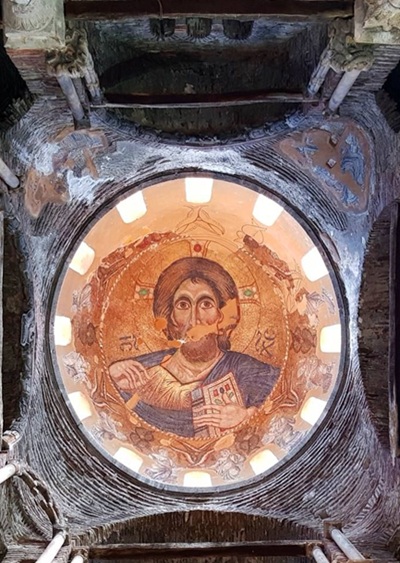
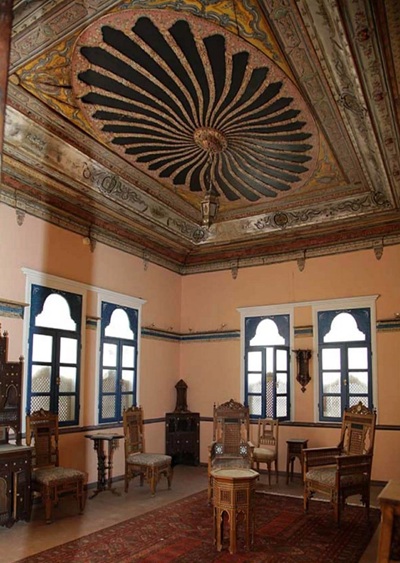
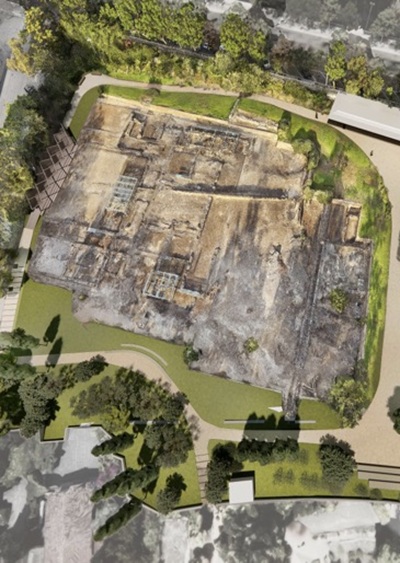
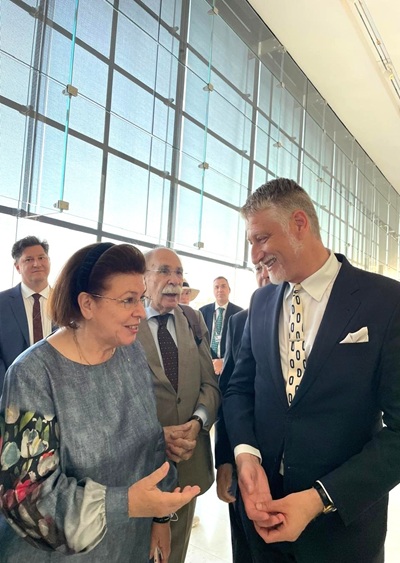


Leave A Comment